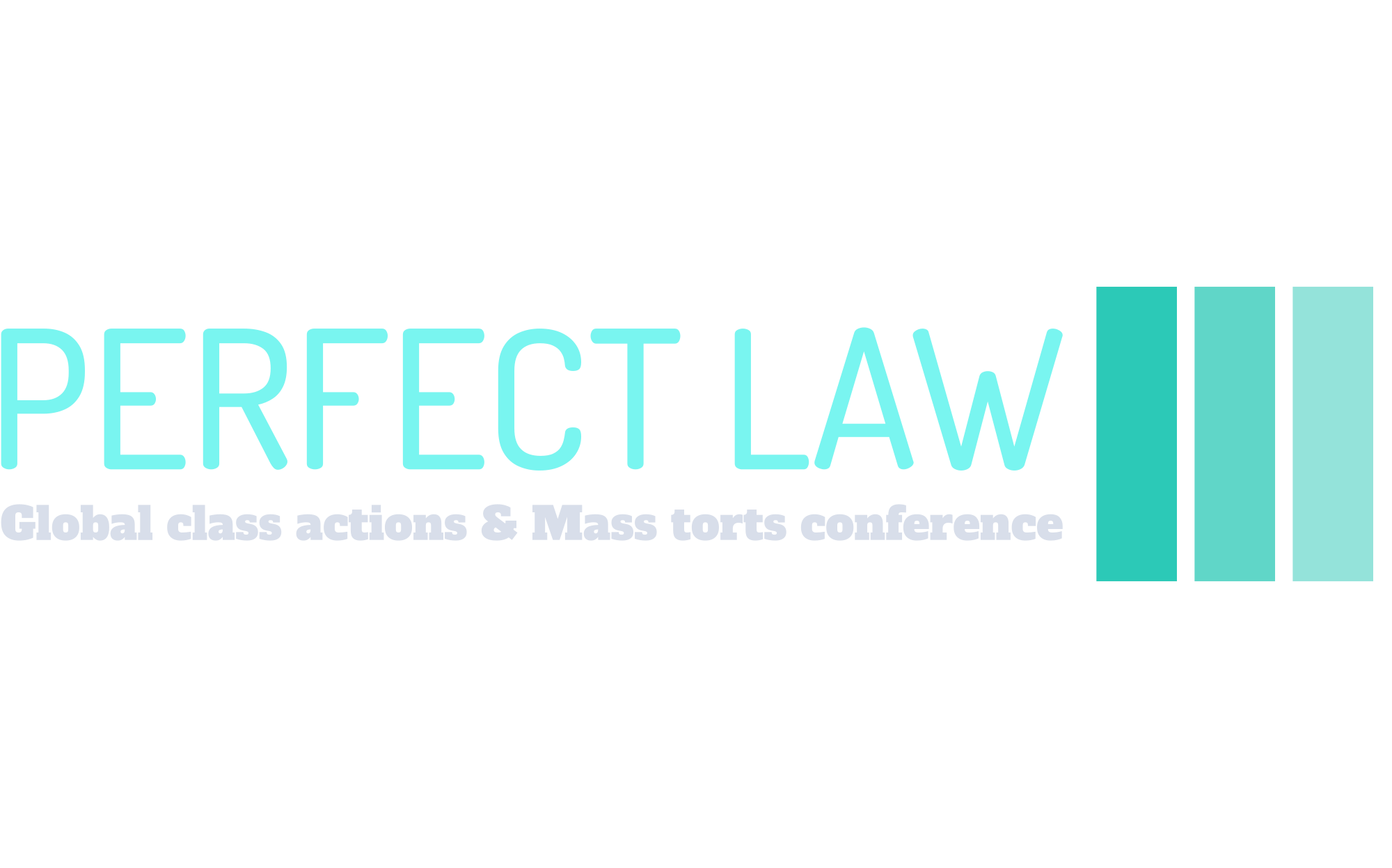In a judgment which quickly made headlines in the English legal scene, the High Court on 24 February 2023 allowed a claim brought by Commission Recovery Limited (“Claimant”) against Marks & Clerk LLP and Long Acre Renewals (“Defendants”) to proceed as a representative action under CPR 19.6.[1] The first major decision since the UK Supreme Court’s 2021 landmark judgment in Lloyd v Google,[2] it is already being heralded as a new lease of life for England’s oldest “opt out” mechanism.
The Claimant contends that the first Defendant, an IP firm, for years referred its clients to another company specialising in the renewal of IP rights. However, the first Defendant allegedly failed to disclose to its clients that said company paid commission for each successful referral to the second Defendant who is associated with the first Defendant. The Claimant itself is not a client of the first Defendant but claims to act as the assignee of claims against the Defendants of one of the clients of the first Defendant, and as a representative under CPR 19.6 of clients of the first Defendants who have commission-related claims against the Defendants.
Regarding the Defendant’s application for an order that the Claimant may not act as a representative (the lawfulness of the assignment was at issue as well, but is not addressed in this note), Knowles J closely followed the tracks of Lord Leggatt JSC in Lloyd v Google as to approach, jurisdiction, and discretion.
Lord Leggatt’s approach that the representative rule best be “treated as ‘a flexible tool of convenience in the administration of justice’ and ‘applied to the exigencies of modern life as occasion requires’” set the tone of the judgment.
On jurisdiction, Knowles J applied Lord Leggatt’s position that the representative must have “the same interest” in the claim as the persons represented and that, “so long as advancing the case of class members affected by the issue would not prejudice the position of others, there is no reason in principle why all should not be represented by the same person”. Even though certain points, such as uncertainty about class size or limitation, were discussed which will require care at some point, Knowles J concluded that “each is capable of resolution and none is fatal on jurisdiction”; hence, at this stage of the proceedings, no differences between the class members were identified which would create a prejudicial conflict between them.
On discretion, the judge considered further obstacles and objections by the Defendants, such as the class being constructed to narrow, but ultimately decided to allow the Claimant to represent the class and to continue on an “opt out” basis: “If the choice is this or nothing, then better this.”
Particularly noteworthy with regard to funding is his comment that, at a later stage, approaches and techniques “to allow reasonable costs of the recovery achieved to be paid before disbursement to the members of the class” might be put in place. Overall, the judgment and especially its endnote illustrate the High Court’s willingness to a “modern, flexible use of CPR 19.6”. Whether this approach of solving certain issues at a later stage of the proceedings instead of smothering the claim at the earliest stage possible truly marks a departure from the historically restrictive approach to representative actions, remains to be seen.
Johannes Nickl[3]
[1] Commission Recovery Ltd v Marks & Clerk LLP & Anor [2023] EWHC 398 (Comm).
[2] Lloyd v Google LLC [2021] UKSC 50.
[3] Doctoral Candidate at Heidelberg University, Germany.
Foto Credits: Bjørn Erik Pedersen






